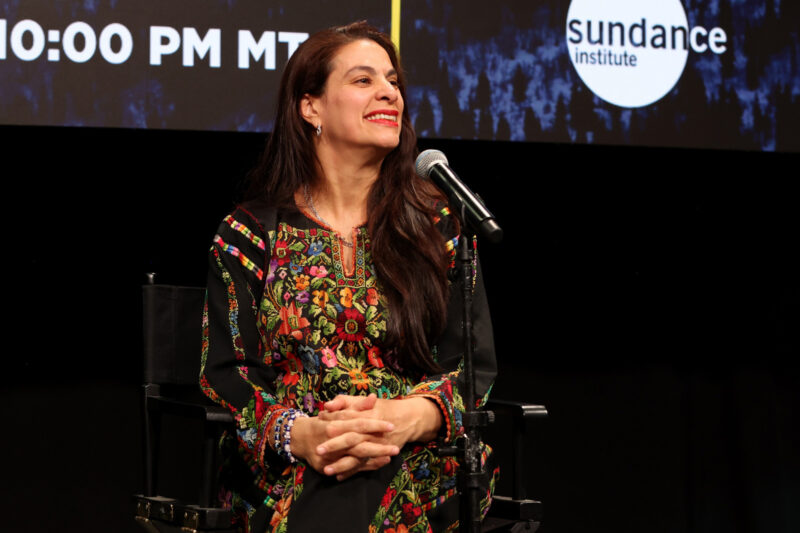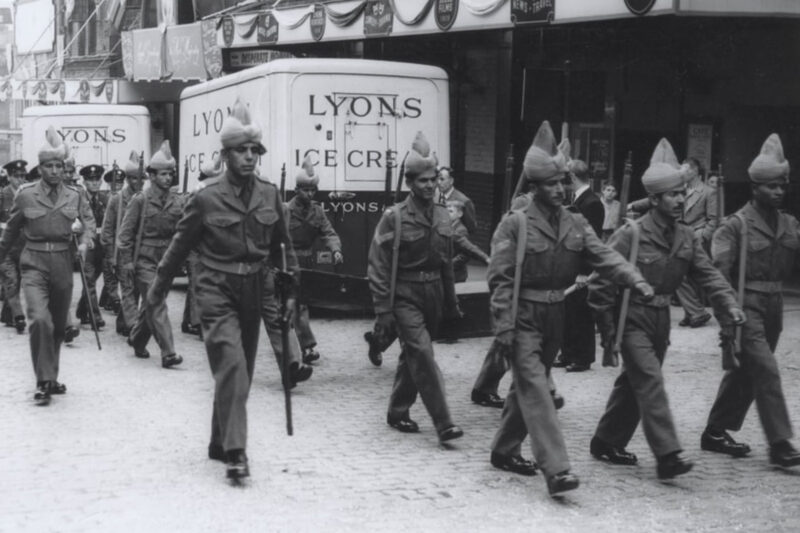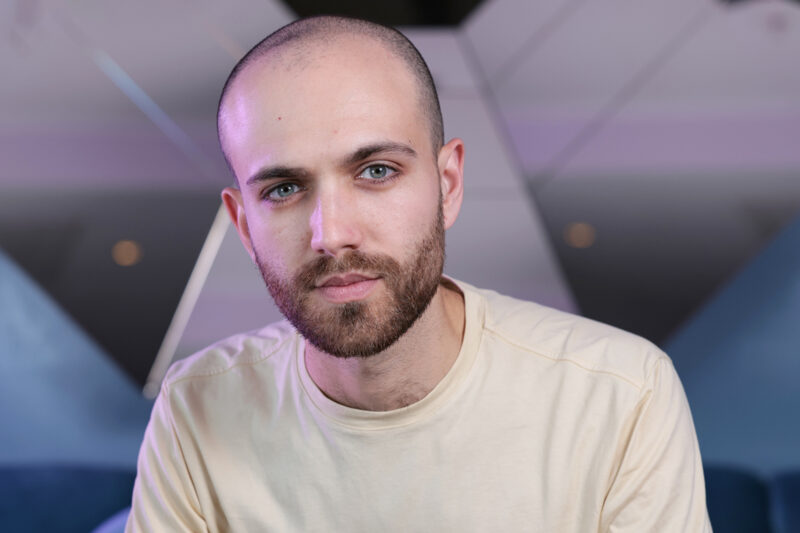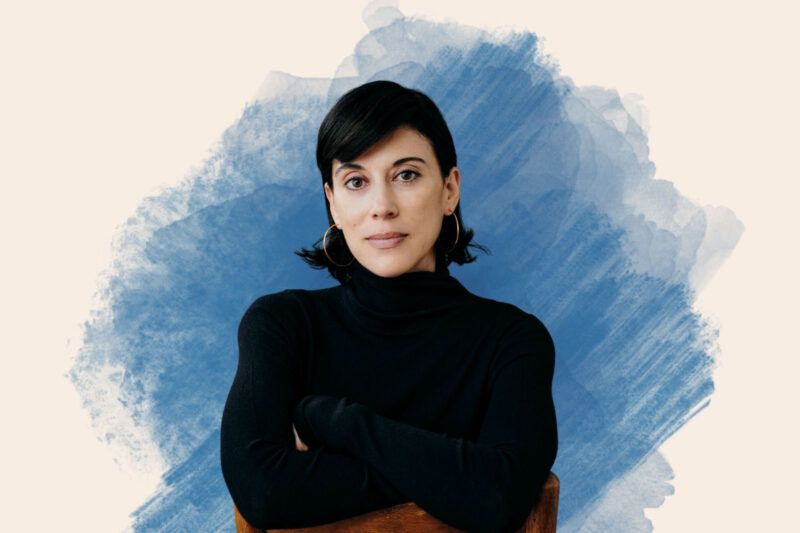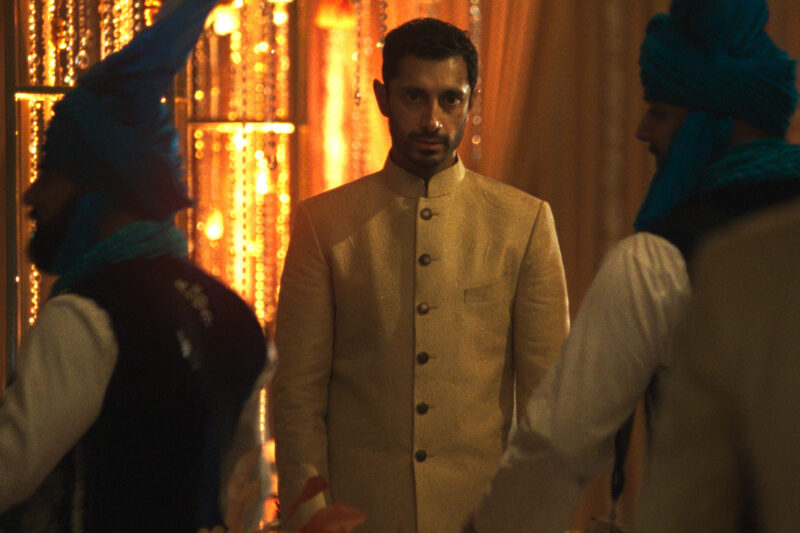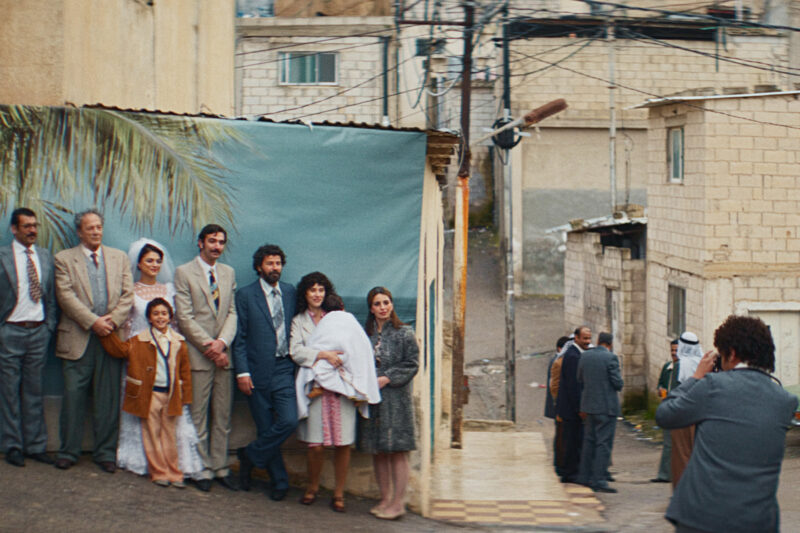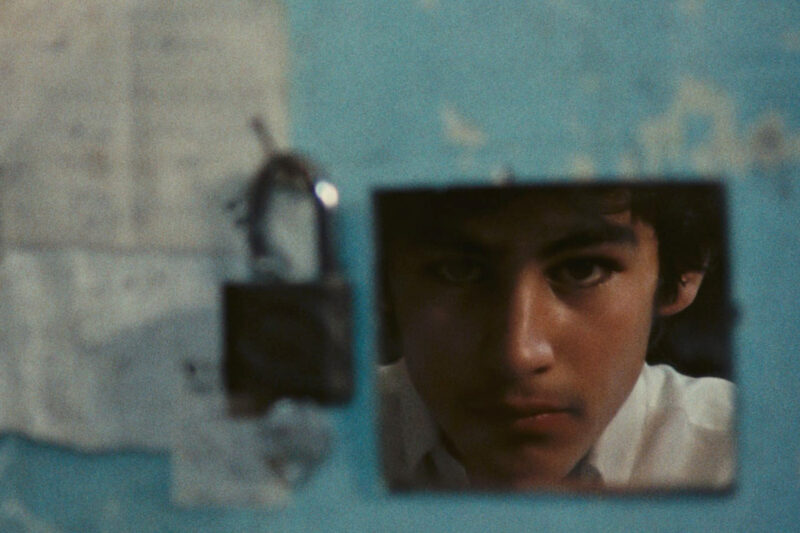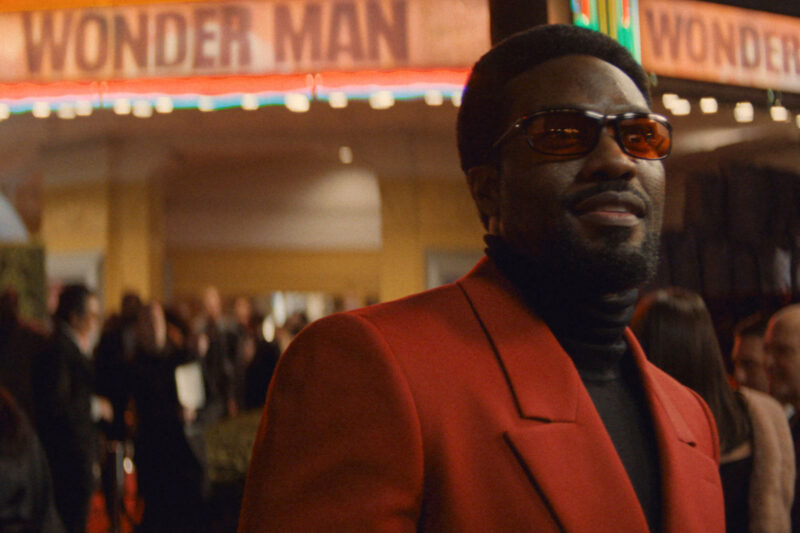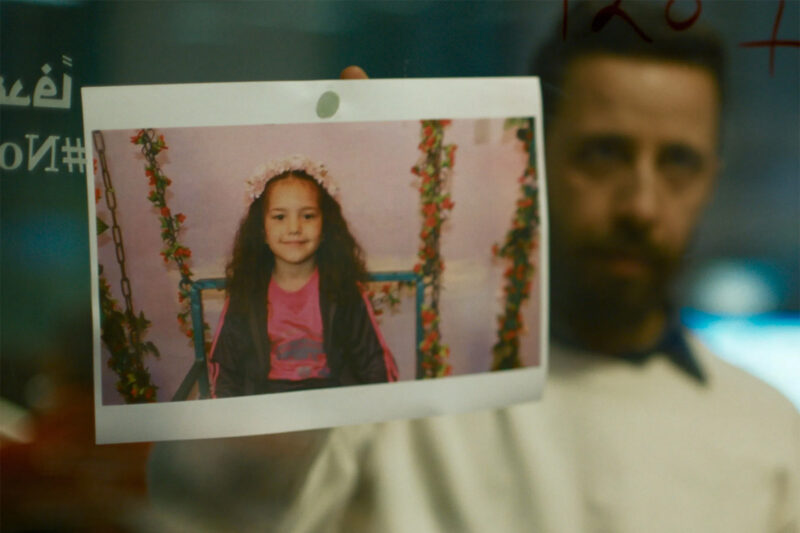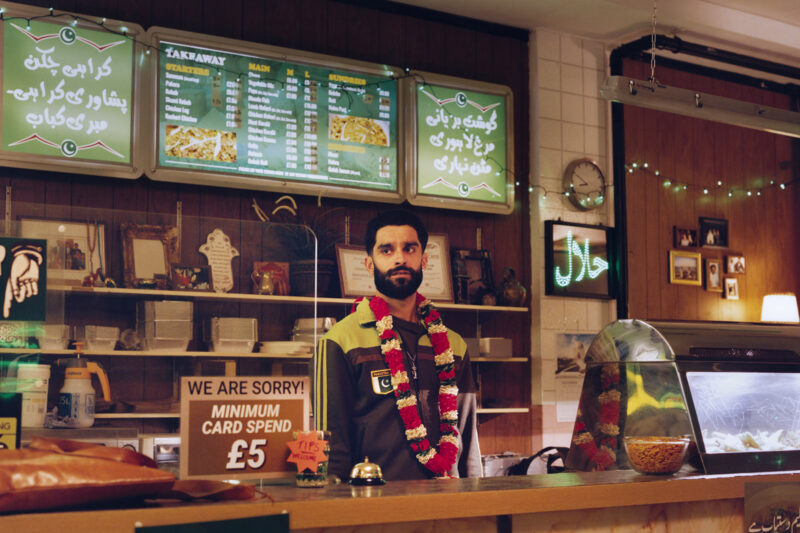The Mummy is back from the dead and here to provide much-needed escapism
Twenty-five years since its release, The Mummy remains a classic despite the problematic casting of white actors in Egyptian roles
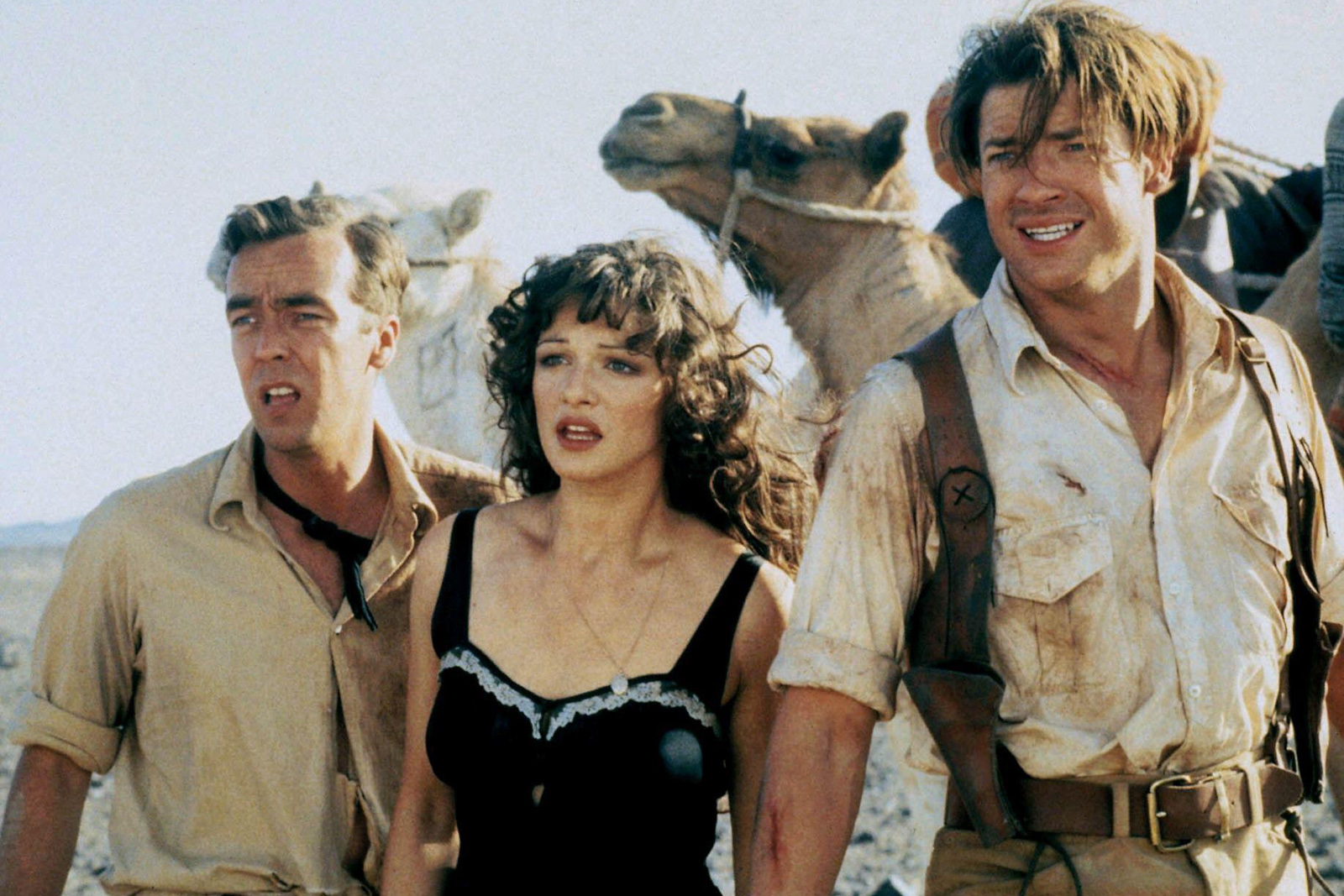
It was 1999. The year of the euro, the London Eye, the impeachment of Bill Clinton, and all around the globe people braced themselves for the potentially apocalyptic fallout of the Y2K bug. 1999 would also bring us Brendan Fraser and Rachel Weisz in The Mummy, an action-adventure film that now returns to UK cinemas for its 25th anniversary.
The Mummy is a loose remake of the 1932 Karl Freund Egyptian horror film of the same name, and remains set in the same time period with John Hannah’s sticky-fingered Jonathan Carnahan and his Egyptologist sister Evelyn (Weisz), bailing the adventurer Rick O’Connell (Fraser) out of jail to lead them to the lost city of Hamunaptra, aka the City of the Dead.
The expedition accumulates a staggering number of casualties en route with nameless treasure hunters picked off by flesh-eating scarab beetles and clouds of acid, but things get even worse when they discover the Book of the Dead. Evelyn reads it aloud, summoning the titular mummy Imhotep.
For the most part, the delights of Hannah, Fraser and Weisz have aged brilliantly in the past 25 years, particularly when compared to the bland superhero shenanigans that have dominated 21st-century cinema screens like the sepia-toned sludge of The Justice League, the impossible-to-follow X Men sequels and the blatant green screens of Ant-Man. The Mummy is both witty and scary, and the chemistry between Fraser and Weisz is far steamier than the more chaste romances in most contemporary action blockbusters.
Still, while white saviours and the exoticisation of the local culture are not quite at the problematic levels of Indiana Jones and the Temple of Doom (for the love of God, let’s hope no one re-releases that one), no amount of mummy fights or cinematic sandstorms can disguise the many uncomfortable choices made by its writer/director Stephen Sommers. For one, Imhotep is played by white South African Arnold Vosloo with a light tan, the Pharaoh Seti by Israeli-American Aharon Ipalé, and Imhotep’s lover Anck-su-namun by the Venezuelan model Patricia Velasquez. Even the supporting Egyptian cannon fodder roles are played by white actors in brownface.
That lack of cohesion also extends to the dastardly plan that Imhotep has been dreaming up for the thousands of years he’s spent cursed in his tomb. Despite being a priest who worships at the feet of the canine-headed ancient Egyptian god Anubis, his act of vengeance comes from the Bible’s book of Exodus.
In 1999, there was little public outcry about the whitewashing of the cast. Culturally, racial appropriation was still somehow widely considered acceptable.
It wouldn’t be until 2014’s Exodus: Gods and Kings, about Moses saving the Hebrews from the tyranny of Pharaoh Ramses II — starring Christian Bale, Joel Edgerton, Aaron Paul and Sigourney Weaver — that casting white non-Egyptian actors in Egyptian roles caused a widespread outcry. At the time, director Ridley Scott controversially stated that: “I can’t mount a film of this budget… and say that my lead actor is Mohammad so-and-so from such-and-such.” Exodus was banned in Egypt, and the film — which disappointed at the box office — became a cautionary tale of whitewashing mocked by late-night TV shows.
Beyond The Mummy’s casting issues, critic Kim Newman in Sight and Sound exposed the film’s “offensive Egyptian stereotypes — the locals are all smelly, venal, lecherous, cowardly, boil-ridden, murderous or ugly”. The Mummy is undoubtedly guilty of Orientalism, as was set out in the 1978 book on the subject by Palestinian scholar Edward Said. In Orientalism, Said states how artistic depictions of the region are rooted in an imperialist western lens, while viewing the people as a whole with contempt. Even with Fraser’s charismatic leading man saving the day, he is one of the many white characters afforded a cultural specificity and heroism that does not extend to the film’s Egyptian locals.
So while a revisit to The Mummy is a joyful one through its entire ensemble possessing levels of charm and swagger rarely captured on celluloid, it’s still an uncomfortable watch. I do, however, believe it’s possible to enjoy films for their fine acting and riotous action sequences while still appreciating that there’s a good reason they shouldn’t be made today. The Mummy’s Orientalist tendencies and white saviourism make it a curious cultural artefact. Its further sequels and spin-offs The Mummy Returns, Tomb of the Dragon Emperor and The Scorpion King do little to rectify those problems.
The legacy of The Mummy extends beyond the problematic elements. Its DNA can be seen in the many family friendly-ish horror blockbusters that followed, such as Van Helsing, Sleepy Hollow and The Pirates of the Caribbean.
Today, The Mummy’s return to the big screen offers some much-needed escapism with swooning romance and ample cheesy humour that have stood the test of time. Imhotep remains a compelling villain and, even though his methods are historically chaotic, his arc — from tragic anti-hero to unstoppable bloodthirsty killer — has made him a movie monster for the ages. While Weisz’s portrayal of Evelyn elevates her beyond the damsel in distress, proving to be just as courageous and heroic as Fraser’s Rick.
There may not be another opportunity to see the quippy adventures of The Mummy on the big screen — who knows what the state of cinema or, indeed, the world will be 25 years from now. So even if you’re glad that some of the choices the film made would not be permissible now (and even happier that that the dire-looking Dark Universe franchise never materialised) it’s definitely worth revisiting one of the brighter spots of 1999.
The Mummy is showing in Odeon, Cineworld and other select UK cinemas now.
 Newsletter
Newsletter


